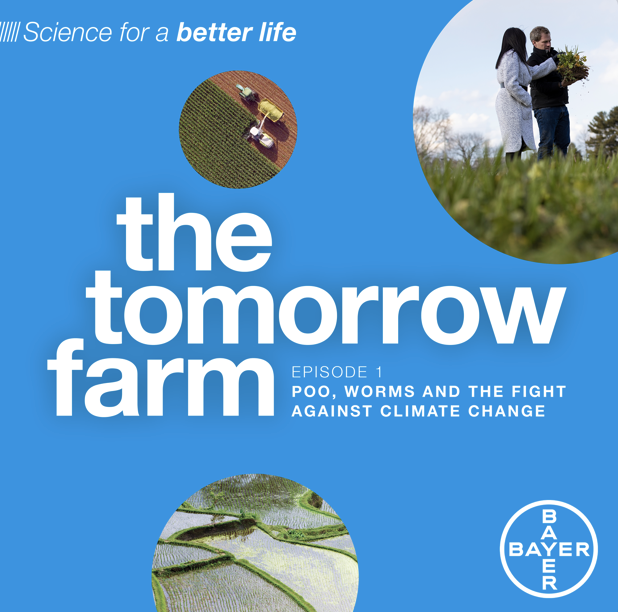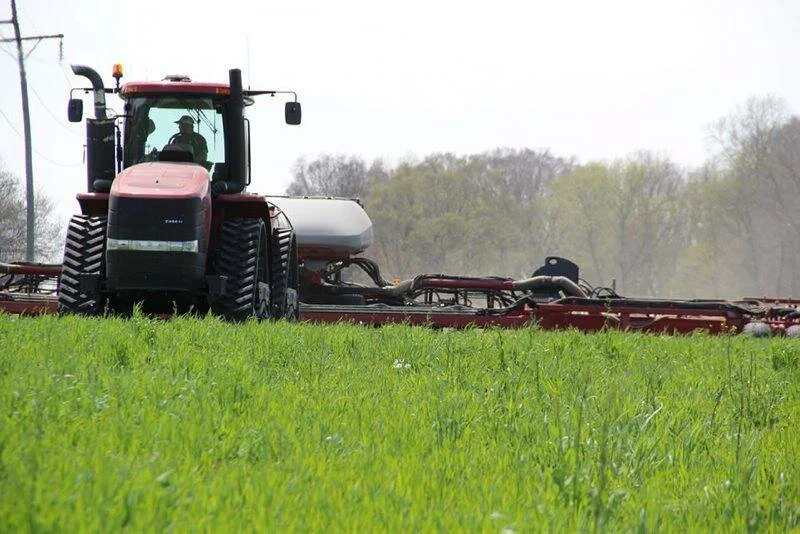Looking back two years into my Nori partnership, it’s been an incredible time of growth and change.
Read MoreIn modern agriculture, we’re an industry focused on titles. Organic. Regenerative. Sustainable. We chase these words, attempting to define them as a set process to follow. The reward is an understandable label that announces, “I did all the steps to grow this crop correctly.” Along the way, we create a rigid ‘right way’ and ‘wrong way,’ erasing all opportunity for imagination, customization, and the chance to do it your way.
Read MoreCheck in with Harborview Farms President Trey Hill on the first episode of a new podcast, “The Tomorrow Farm.” The series focuses on the stories, technologies, and human ingenuity behind the noble science of modern agriculture.
Read MoreHill and his father operate Harborview Farms in Rock Hall, which has gradually shifted to 100% no-till, using cover crops in a conventional corn-soybean-wheat rotation. Hill said he “plants green” by seeding new crops into living cover crops, and uses a roller-crimper instead of herbicides to kill down the cover crop.
“Now I spend less on tillage and diesel fuel, because basically all we do is plant, spray and harvest. There’s no tillage,” Hill said.
Modern farming has three goals: to be productive, to be efficient, to be profitable. In the traditional, heritage model of farming, one where learned skills and techniques are handed down from one generation to another, we’ve used that knowledge to refine the process, the crops, the approach in order to maximize efficiency and production. Tended by machines, our farms have become less natural and more industrial, with one clear way of doing things in order to turn a profit.
Read More




